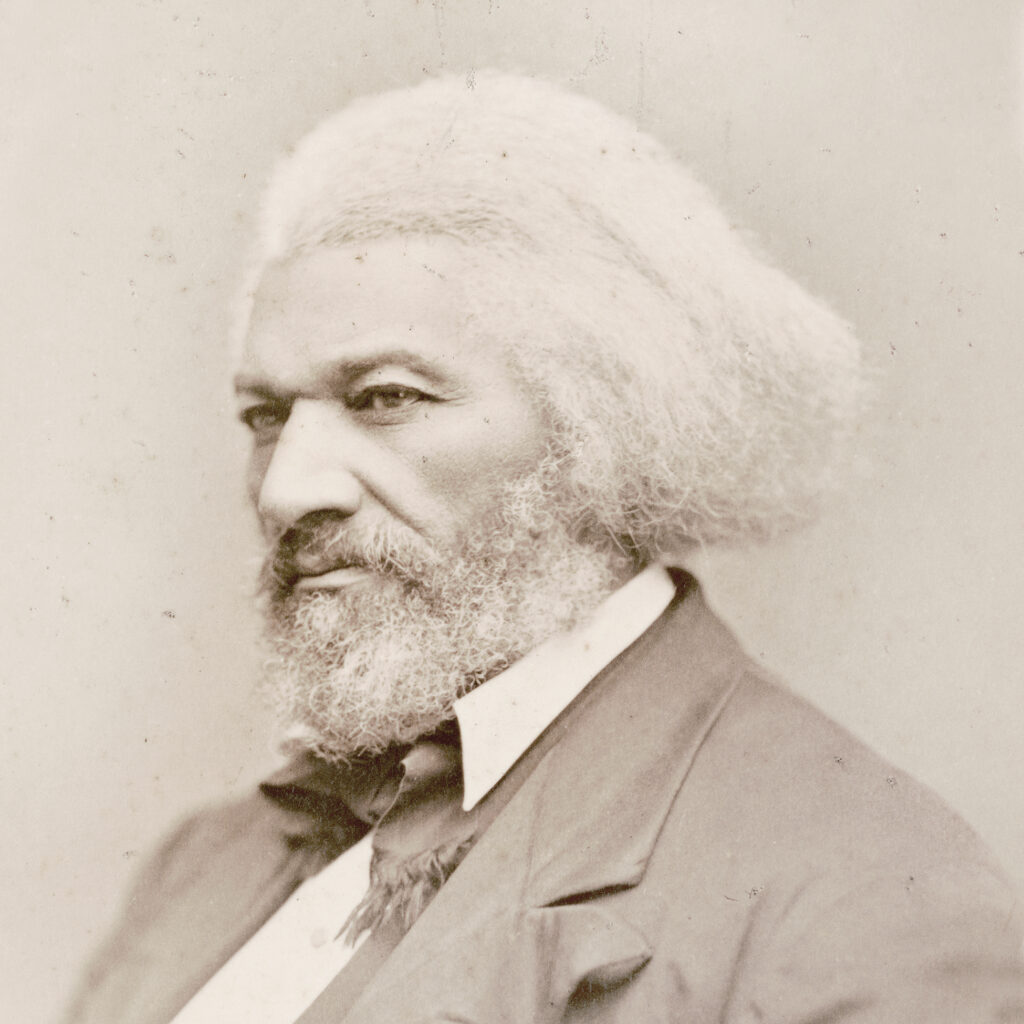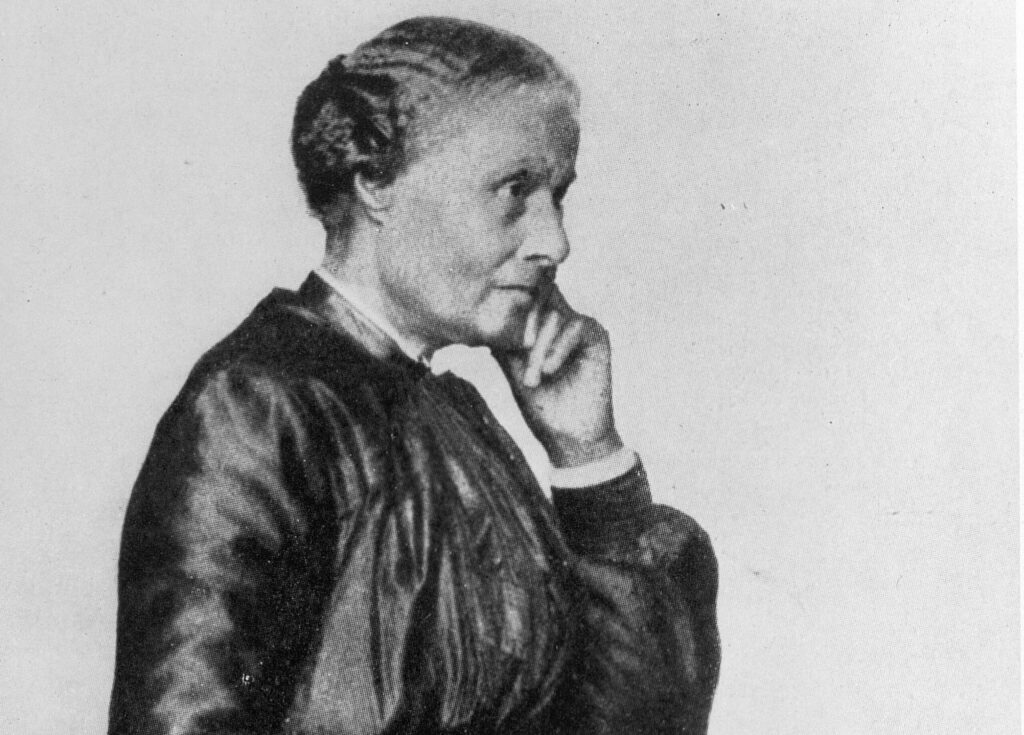 Bass and Beyond
Bass and Beyond
Forging Freedom
Discover the pivotal role of the Abolitionist Movement on the West Coast, where Black journalists fought tirelessly for freedom and justice. Learn how their bold efforts laid the foundation for future civil rights movements and helped reshape the region’s history.
Forging Freedom
The abolition movement in California during the 1800s was a significant force in the fight against chattel slavery. Although California entered the Union as a free state in 1850 under the Compromise of 1850, the promise of freedom was not universal. The state’s laws allowed enslaved individuals brought by their owners to remain in bondage, and the Fugitive Slave Act emboldened pro-slavery factions. Despite these challenges, Black activists, allies, and media outlets in California became critical players in the broader abolitionist struggle.
Major Leaders of the Movement
Although one of the nation’s most well-known abolitionists, Frederick Douglass, was born in Maryland, his influence spread nationwide, inspiring many West Coast leaders to follow his lead. Among the prominent abolitionists in California was Mary Ellen Pleasant, often referred to as the “Mother of Civil Rights in California.” A wealthy entrepreneur and activist, Pleasant used her resources to fund abolitionist causes, including supporting the Underground Railroad in the state. She provided refuge for escaped slaves and used legal action to challenge discriminatory practices.
Jeremiah Burke Sanderson, a minister and educator, worked tirelessly to establish schools for Black children while advocating for the abolition of slavery. His leadership in California’s early civil rights movements laid the groundwork for future generations of activists.
Another notable figure was Archy Lee, whose legal fight for freedom brought national attention to California’s complicity in maintaining slavery. Lee was brought to California by his enslaver and later declared his independence, sparking a highly publicized court battle that underscored the fragile nature of “freedom” in California.


The Role of Black Media in the Abolitionist Cause
Contemporary Black media was a cornerstone of the abolition movement in California, providing a platform to mobilize communities and challenge pro-slavery narratives. Publications like the Pacific Appeal and the Mirror of the Times, founded by Black journalists, became critical voices for abolition. These newspapers published articles, editorials, and personal testimonies that highlighted the atrocities of slavery and advocated for the rights of free Black citizens in California.
The Mirror of the Times, launched in 1857 by activist Mifflin Wistar Gibbs, was the first Black-owned newspaper in California. It not only reported on local and national news but also offered a platform for discussions on abolition, civil rights, and the moral failings of slavery. Gibbs himself was an outspoken critic of slavery and used the paper to call for Black political and social empowerment.
Another influential publication, the Pacific Appeal, emerged as a successor to the Mirror of the Times and continued its mission of promoting abolitionist ideals. Writers in these publications highlighted the contradictions of a free state that tolerated slavery and emphasized the importance of unity and resistance.
The Legacy of California’s Abolitionists
The abolition movement in California demonstrated that the struggle for freedom and equality was not confined to the East Coast or the South. The courage of leaders like Mary Ellen Pleasant, Jeremiah Burke Sanderson, and Archy Lee, combined with the influence of Black media, challenged the racial injustices of the era. Their efforts not only contributed to the eventual abolition of slavery but also laid the foundation for civil rights advocacy in California.
